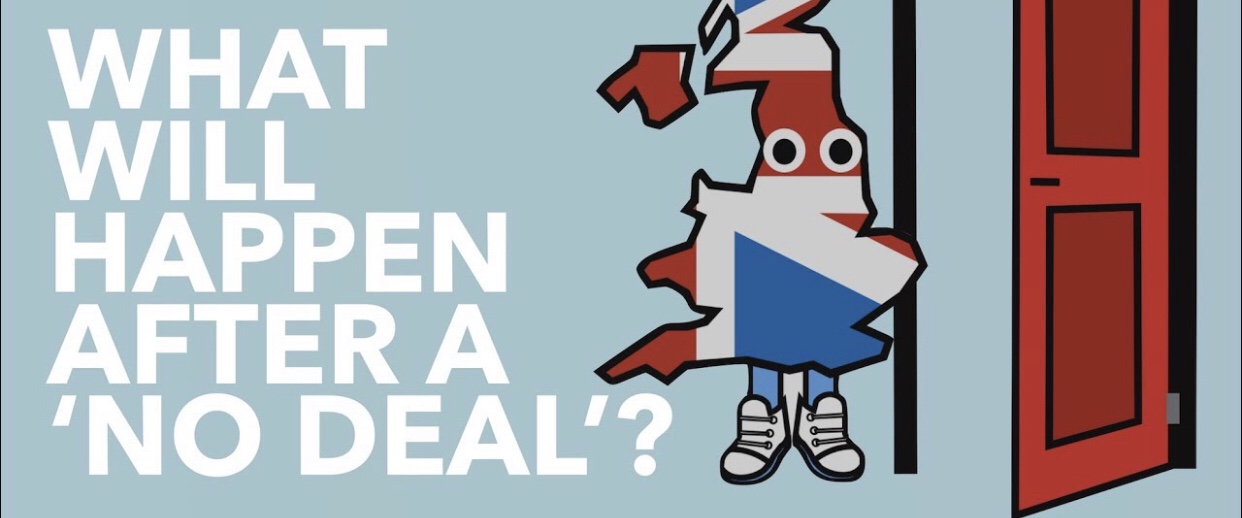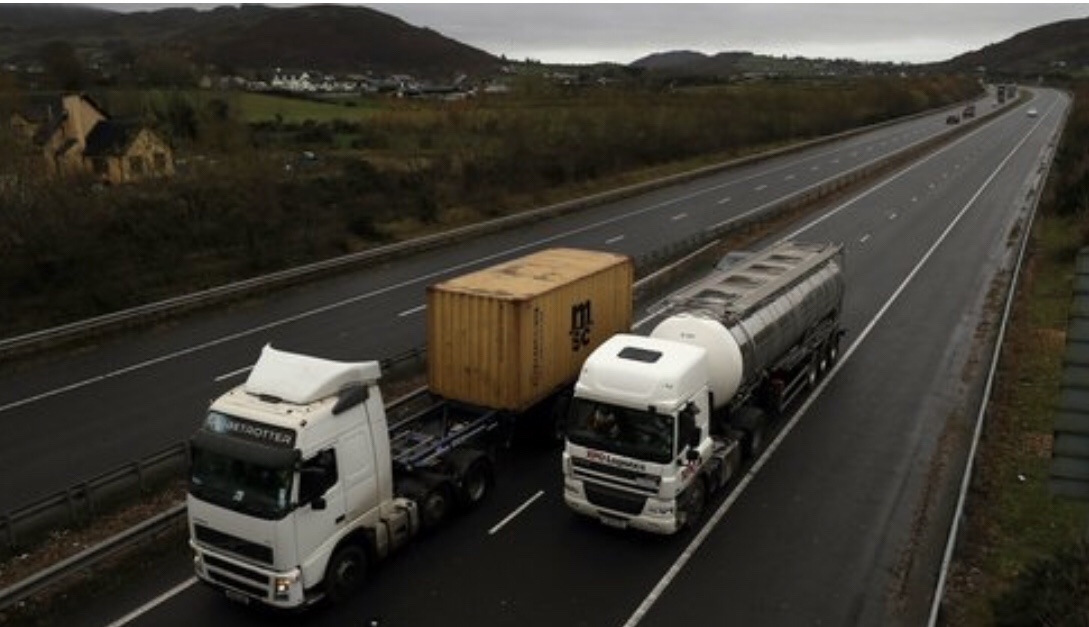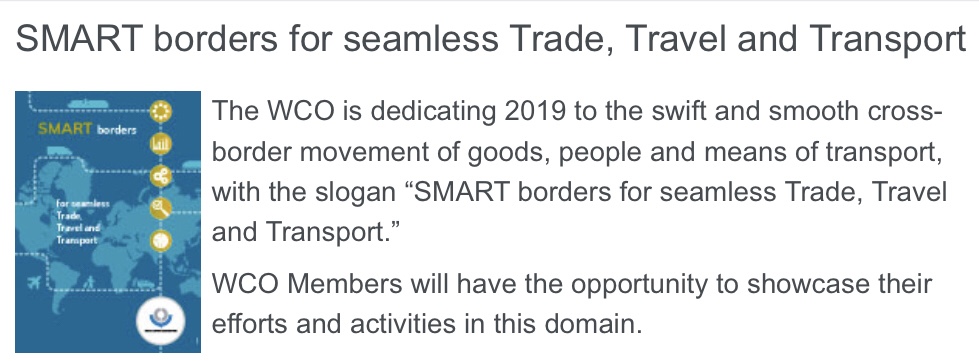BBC today reports that some EU countries are pushing for the European Union’s no-deal legislation to be more generous to the UK.
The European Commission has proposed “bare bones” arrangements on aviation and road haulage if there is no deal.
The legislation would allow British truckers to carry goods into the EU and British airlines to fly in and out of the EU, from 29 March to 31 December.

But a group of countries want to give UK hauliers the right to operate within the EU as well, known as cabotage. Some also want British airlines to be able to offer connecting flights within the EU.
Diplomats are also concerned that airlines will not be able to offer new routes or run more services because the number of flights would be capped at 2018 levels.
Speaking on BBC Radio 4’s Today programme, France’s Finance Minister Bruno Le Maire said: “You can’t be out of the EU and be getting the benefits of the single market.”
“That is the clear red line of France.” The issues were discussed at a meeting of member states’ ambassadors in Brussels on Wednesday. Officials will try to hammer out a compromise at a meeting on Friday and ambassadors will discuss it again next week. “We’ve got to strike a balance between being prepared but not sending the message to the UK that no deal would be OK,” a diplomat said.

The European Commission, which co-ordinates planning for no deal at a European level, is opposed to expanding the scope of the legislation, saying it would give the UK some of the benefits of membership of the single market.
The commission also urged member states not to engage in bilateral deals with the UK, which some countries have suggested, because much of the responsibility for these issues rests with national governments.
Details of the discussion are contained in a diplomatic note of a meeting of EU ambassadors on Wednesday.
At least one country asked whether the EU should consider additional contingency measures to guarantee co-operation on security issues, such as the Schengen Information System which is used to share information about stolen goods and people of interest.
The news will cheer supporters of a no-deal Brexit, who argue that the EU would be prepared to offer mini-deals with the UK if the withdrawal agreement it has negotiated with the UK is not approved.
BBC Brexit: Push for more generous EU no-deal offer
Source: BBC
The outline of the legislation that will underpin the Government’s plan to deal with a hard Brexit has been published.
The legislation will be titled the miscellaneous Provisions (Withdrawal of the United Kingdom from the European Union on 29 March 2019) Bill.
It will comprise 17 parts and encompass nine Government Departments.

The Government is aiming to have the Bill passed by the Oireachtas before 29 March – the day the UK is set to leave the European Union.
The legislation will allow for the continued access to healthcare, social security protection, student support and protection of consumers.
The legislation will give effect to commitments to maintain the Common Travel Area in all circumstances and ensure the rights and privileges it affords citizens are protected.
In the area of healthcare, the proposed legislation would allow the Minister for Health and the HSE to cover cost of healthcare provided in the UK under the same conditions as currently exist.
This is where treatments are not provided under the Irish healthcare system or for an Irish person who becomes ill while on a visit to the UK.
The legislation will allow Irish student grants to be paid even if the UK leaves the EU.
The bill will provide for the continued payment of 21 social protection benefits that have a UK element. These include payments such as old age pensions, illness benefits and child benefit.
Workers whose UK-based employer becomes insolvent will also be protected under this legislation.
The aim of this legislation is to ensure that there is an adequate protection in place for consumers who have already bought financial service products before the date of Brexit.
The bill will ensure extradition arrangements between Ireland the UK are maintained.
The Government says the proposed bill will also facilitate “ongoing immigration cooperation arrangements when the UK leaves the EU, including in areas which support the Common Travel Area”.
The bill provides a statutory basis for cross-border rail services. It will also give the National Transport Authority powers to regulate aspects of bus and coach travel.
Government publishes plans for no-deal Brexit
Source: RTE
The theme of World Customs Organization for International Customs Day and 2019 is ’Smart Borders’. This is a timely theme I fully support since I have worked with the topic and launched the SmartBorders 2.0 and 2.1 as a solution for UK-EU borders post-Brexit. There is no doubt that this is an area that will be in focus this year and beyond.

Here is the announcement from the Secretary General of WCO, my old colleague Dr. Kunio Mikuriya






You must be logged in to post a comment.